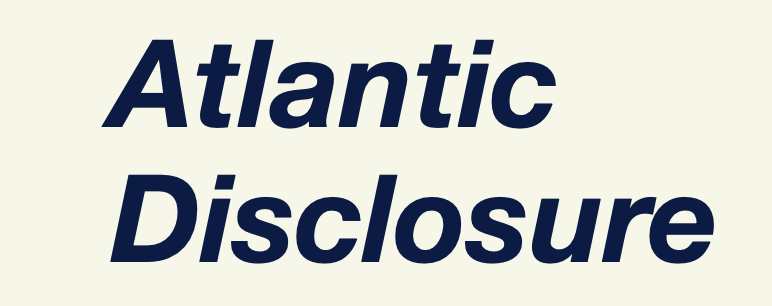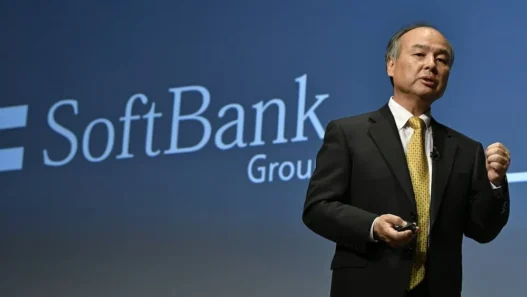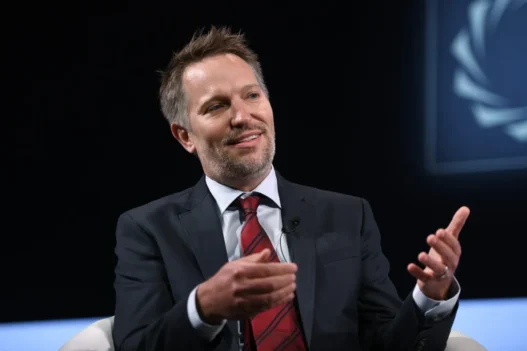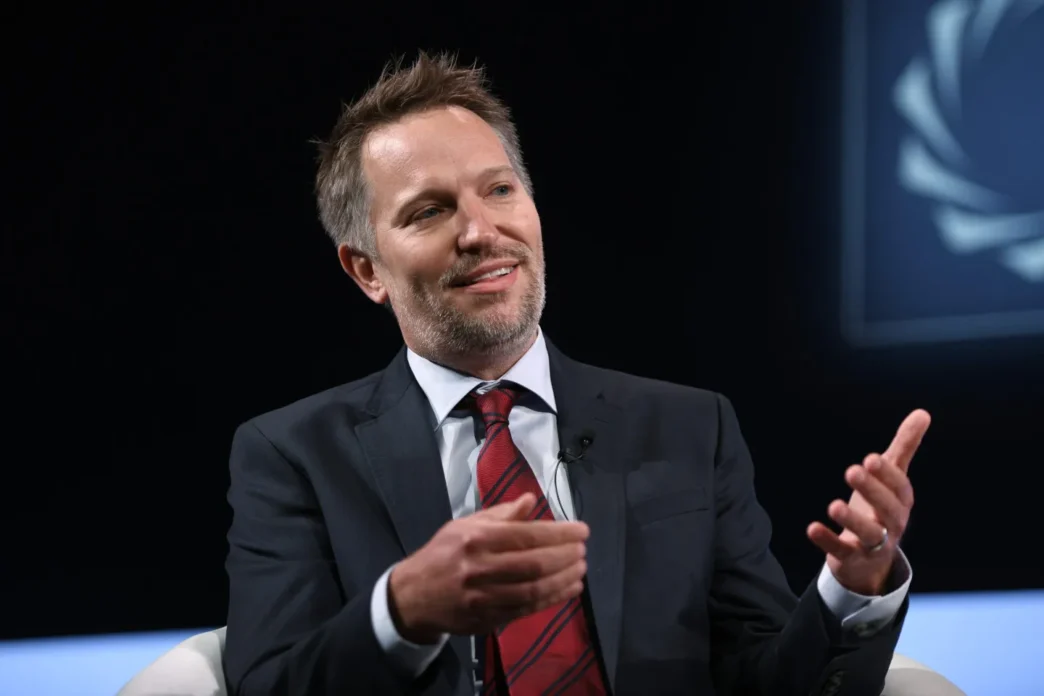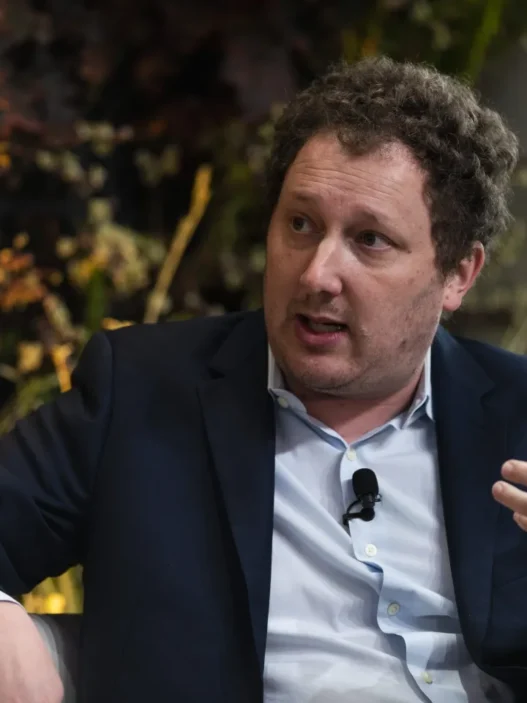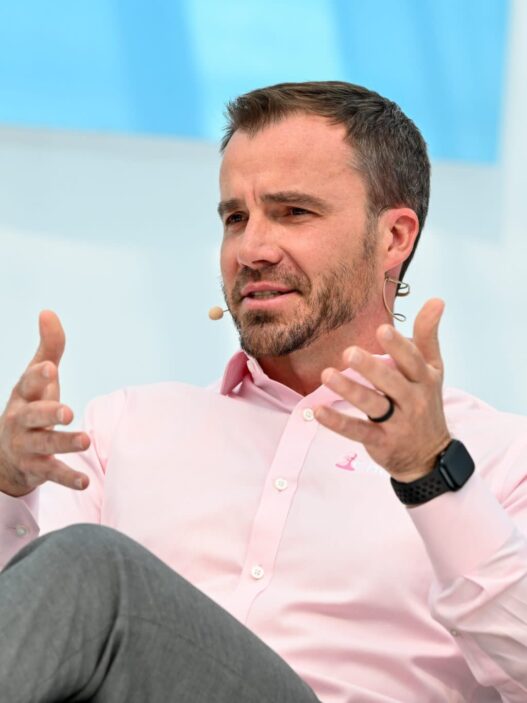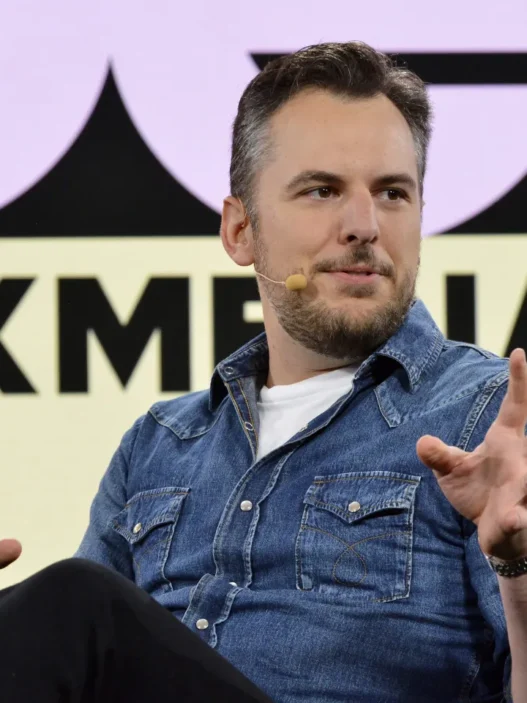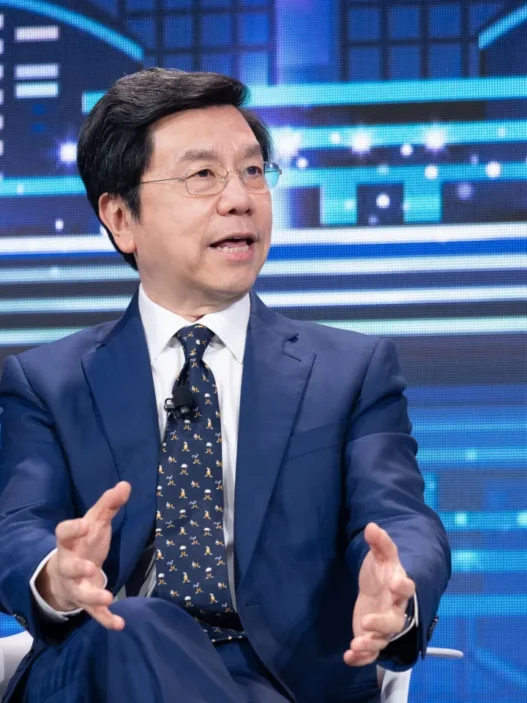For years, Gen Z students were told that a college degree was the golden ticket to a stable, high-paying career. But a growing chorus of business leaders, economists, and now even LinkedIn’s own CEO, Ryan Roslansky, are saying the future of work will belong less to degree-holders and more to those with practical skills and adaptability.
This shift marks another blow of reality for Gen Z graduates entering the job market with rising tuition debt, inflation pressures, and an increasingly skeptical employer base.
A Changing Hiring Landscape
At a recent event, Roslansky argued that companies are beginning to prioritize skills over credentials, a trend already evident in the way recruiters use LinkedIn. More employers are searching for candidates by specific abilities—coding, digital marketing, data analytics, design—rather than by formal education.
“The degree is not going to be the currency of work in the future,” Roslansky said. Instead, demonstrable skills and continuous learning will dominate the hiring process.
This doesn’t mean education will vanish in importance, but it does signal a clear realignment: what you can do may matter more than where you studied.
Why Employers Are Shifting Away from Degrees
There are several reasons why degrees are losing their once unquestioned status:
- Talent Shortages – Employers need roles filled quickly, and waiting for degree holders excludes a large, capable workforce.
- Rapid Technological Change – Skills in AI, cybersecurity, or digital platforms evolve faster than universities can update curricula.
- Cost of Education – With student debt at record highs, many young professionals are skipping college altogether in favor of vocational training or certifications.
- Demonstrated Success of Nontraditional Hires – Companies like Google, Tesla, and IBM have made headlines for dropping degree requirements, showing strong results by focusing on skill-based hiring.
What This Means for Gen Z Graduates
For Gen Z, the news is bittersweet. On one hand, graduates carrying heavy student loan burdens may feel discouraged that their degree no longer guarantees job security. On the other, the erosion of degree requirements could open doors for those who lack traditional credentials but excel in technical or creative abilities.
Still, Gen Z graduates will face a highly competitive market where they must prove value beyond their diploma. Employers will increasingly want to see real-world portfolios, project experience, internships, and certifications that showcase adaptability.
LinkedIn’s Role in the Skills Economy
LinkedIn, with over 950 million members, is positioning itself at the forefront of this transformation. The platform has invested heavily in LinkedIn Learning, offering certifications and micro-courses in areas ranging from AI programming to leadership skills. Recruiters can now filter candidates by specific skill tags, making the network itself a test case for the shift away from degrees.
Roslansky stressed that “skills-based hiring” is not only more inclusive but also helps companies build diverse workforces by tapping into overlooked talent pools.
Rising Importance of Lifelong Learning
If the degree is no longer the ultimate passport to opportunity, then lifelong learning becomes the new career strategy. Professionals will need to continually upskill to stay relevant in a world where AI, automation, and digital transformation are redefining industries.
This means that success for Gen Z won’t stop at graduation; instead, their careers will depend on their ability to adapt, reskill, and build expertise in emerging fields.
Expert Reactions
Career analysts say Roslansky’s remarks reflect a broader structural change. “The college degree is not dead, but it’s no longer the sole benchmark of employability,” said one workplace strategist. “We are entering an era where agility, creativity, and proof of skills matter more than diplomas framed on a wall.”
However, critics warn that downplaying degrees could also devalue critical thinking and foundational knowledge, creating an overemphasis on technical training at the expense of holistic education.
Outlook
For Gen Z graduates, the message is clear: a degree may still help open doors, but it won’t carry the weight it once did. The future belongs to those who combine education with practical skills, adaptability, and continuous learning.
In an era where even LinkedIn’s CEO is questioning the supremacy of degrees, the career ladder is being rebuilt—and climbing it will require far more than a diploma.
